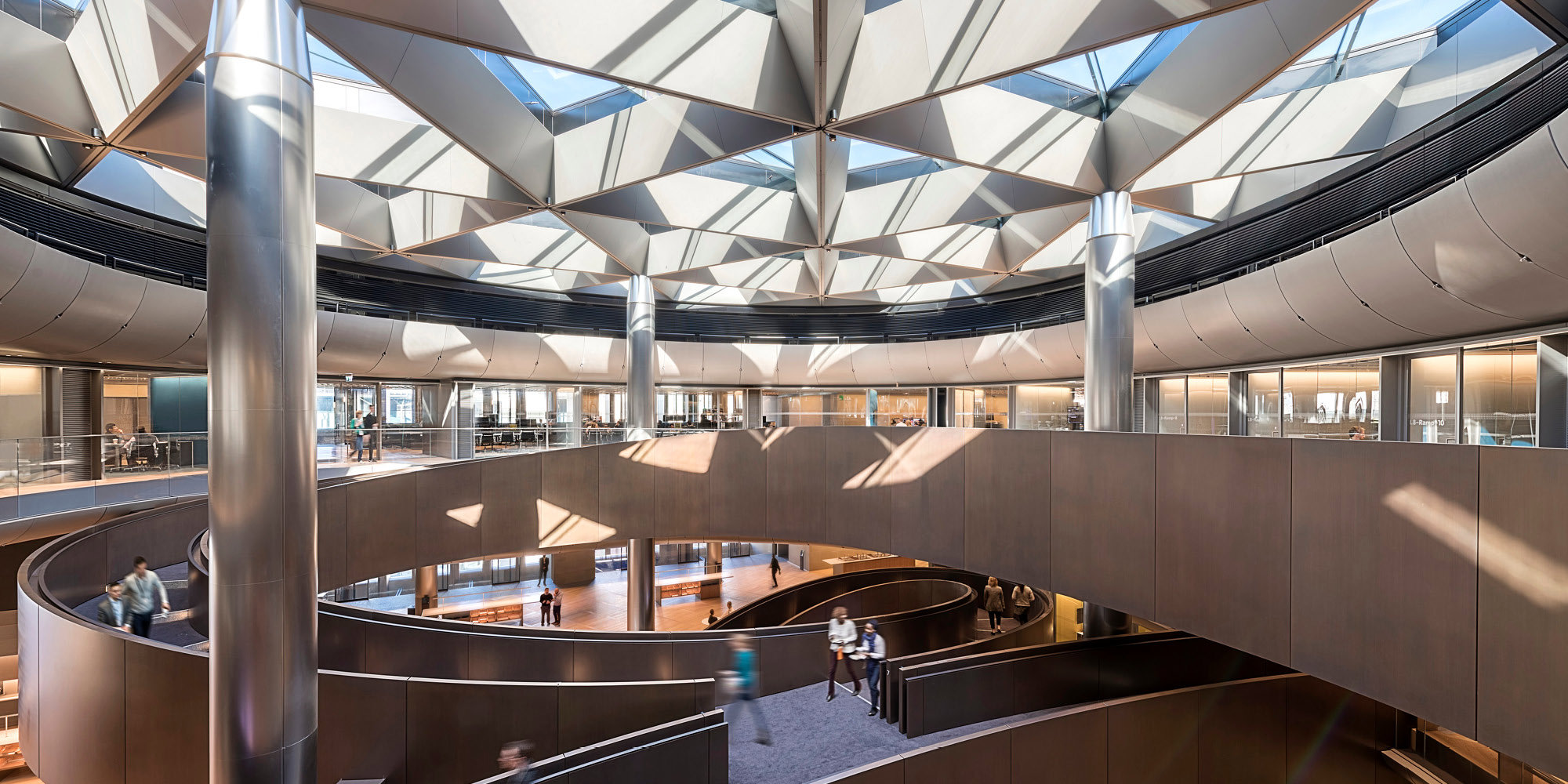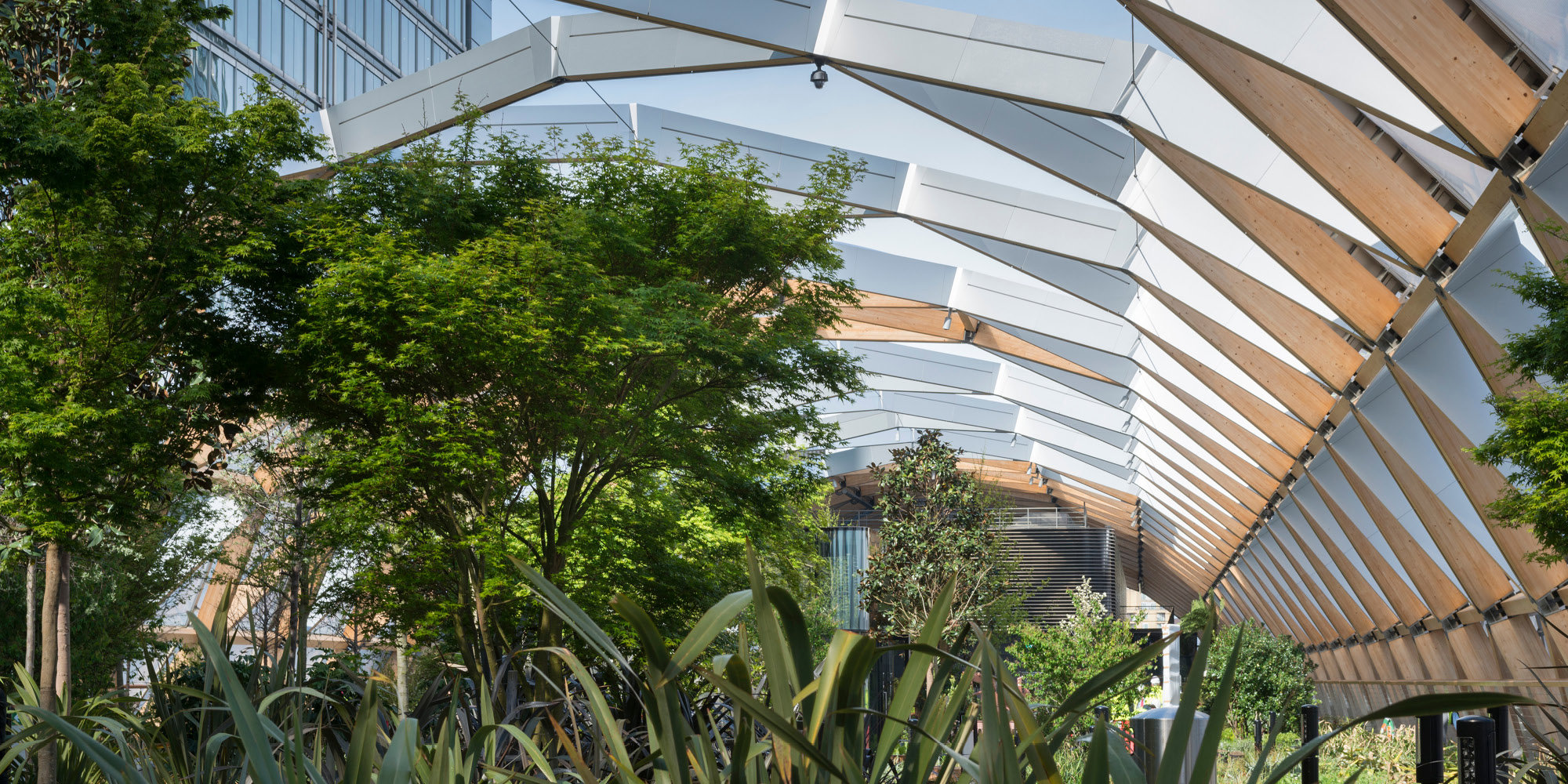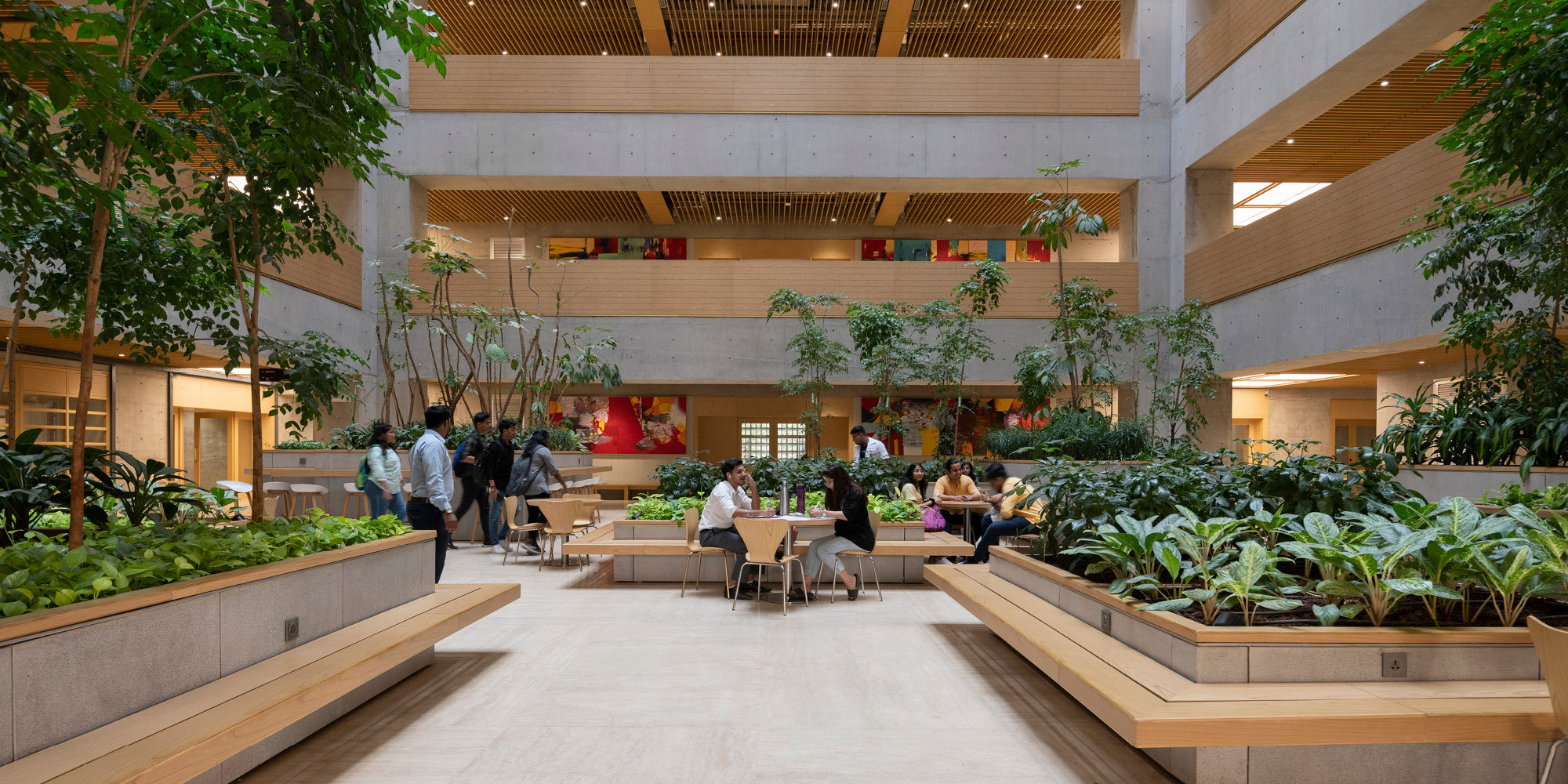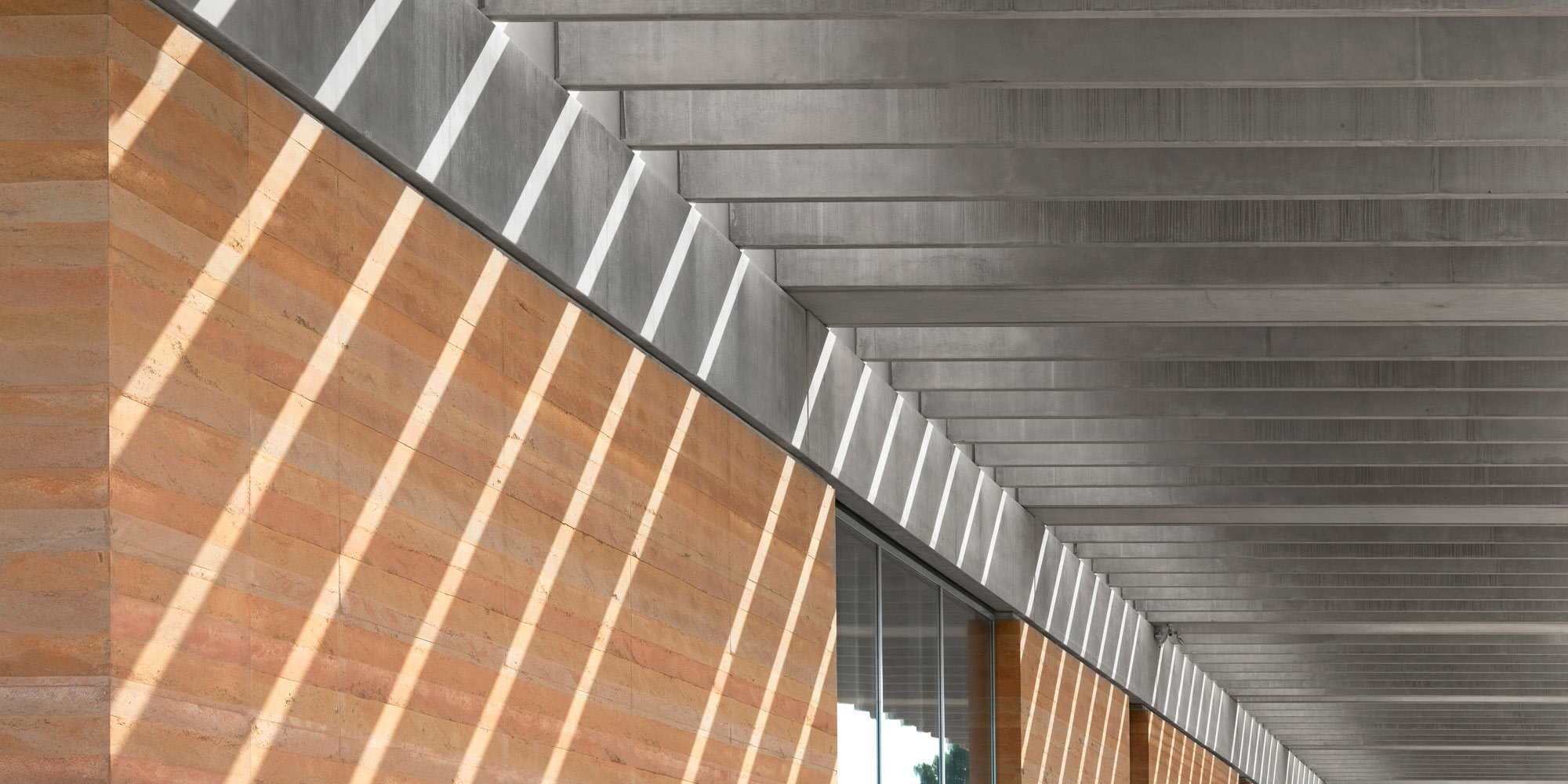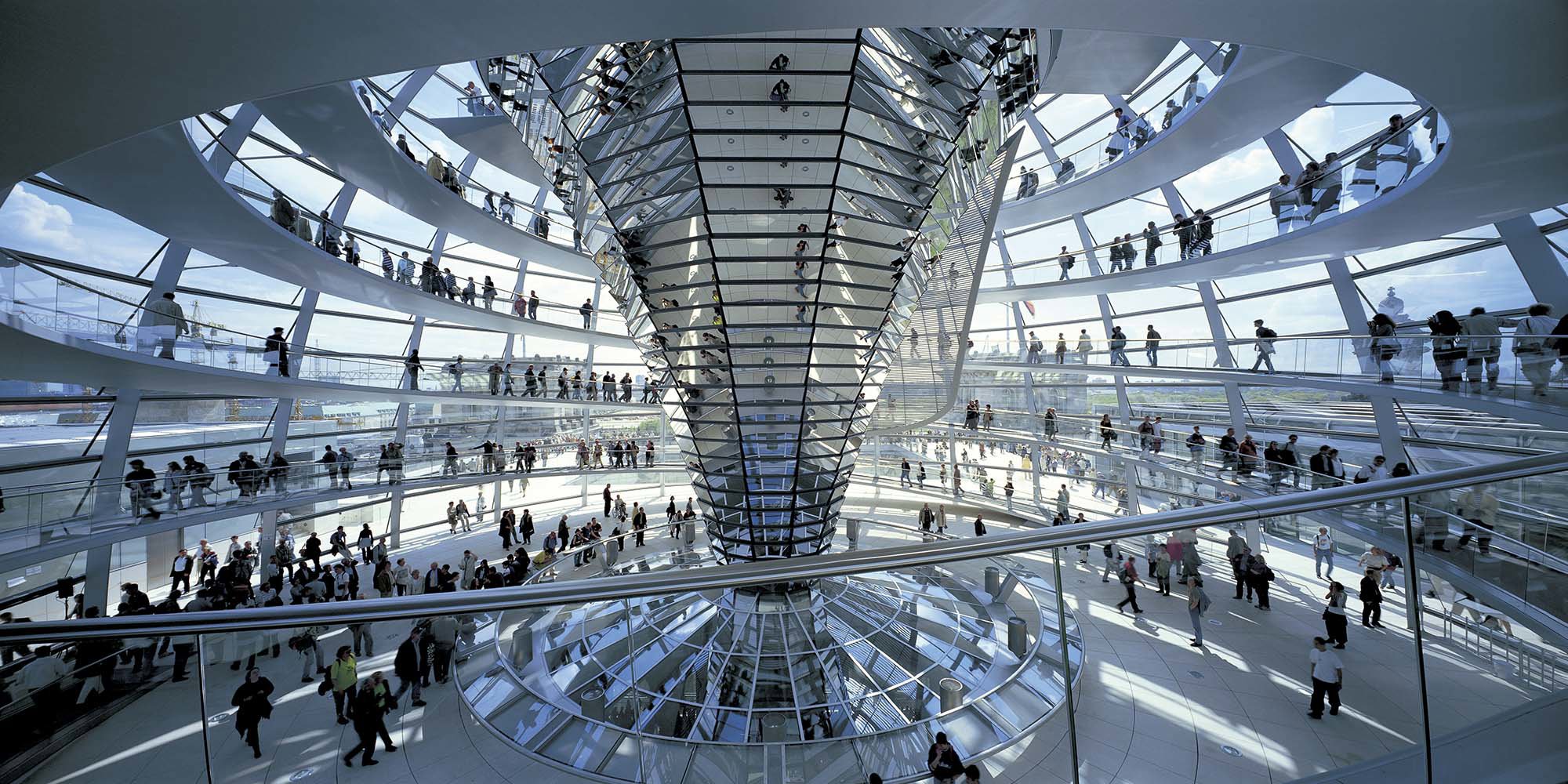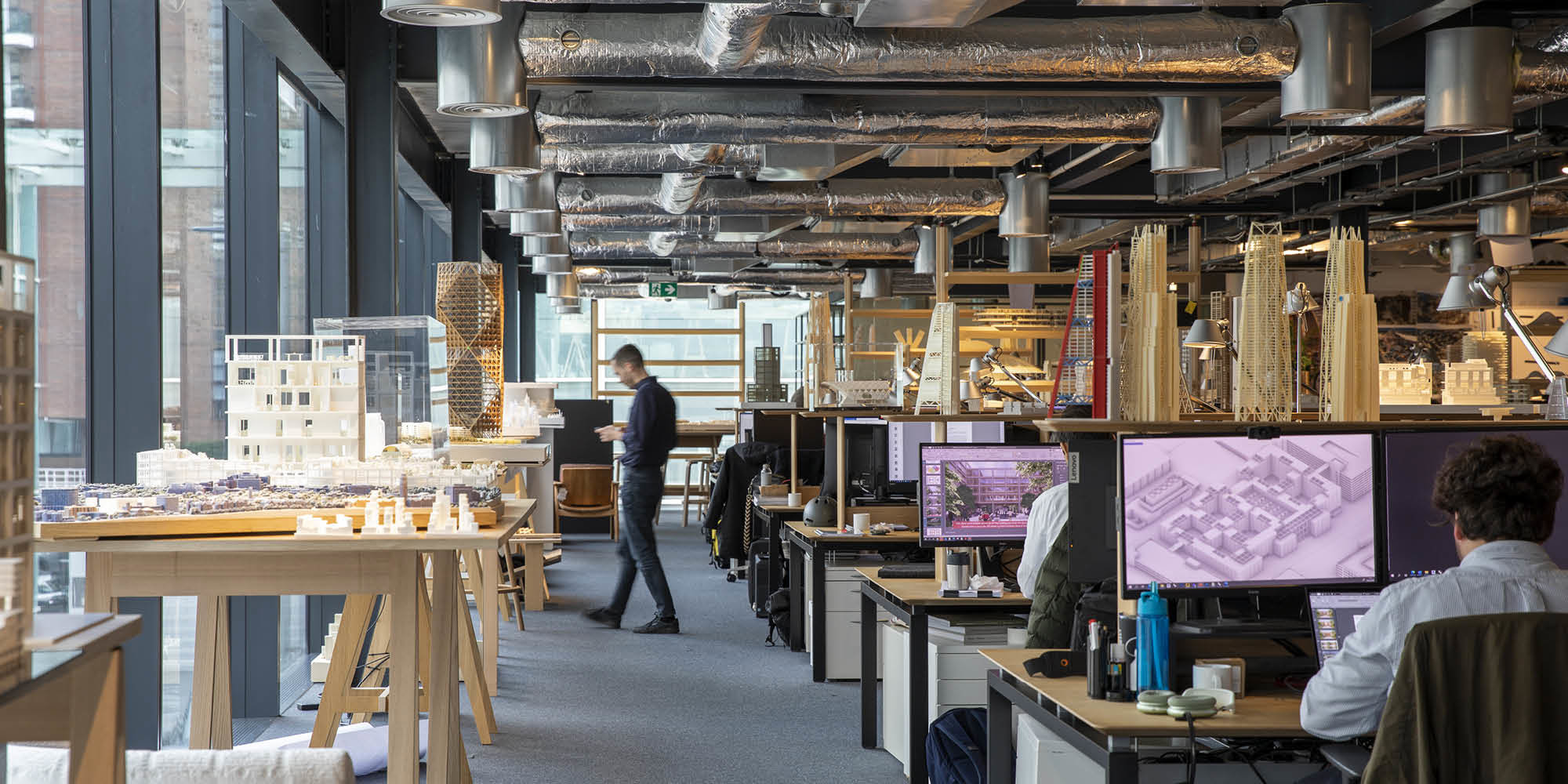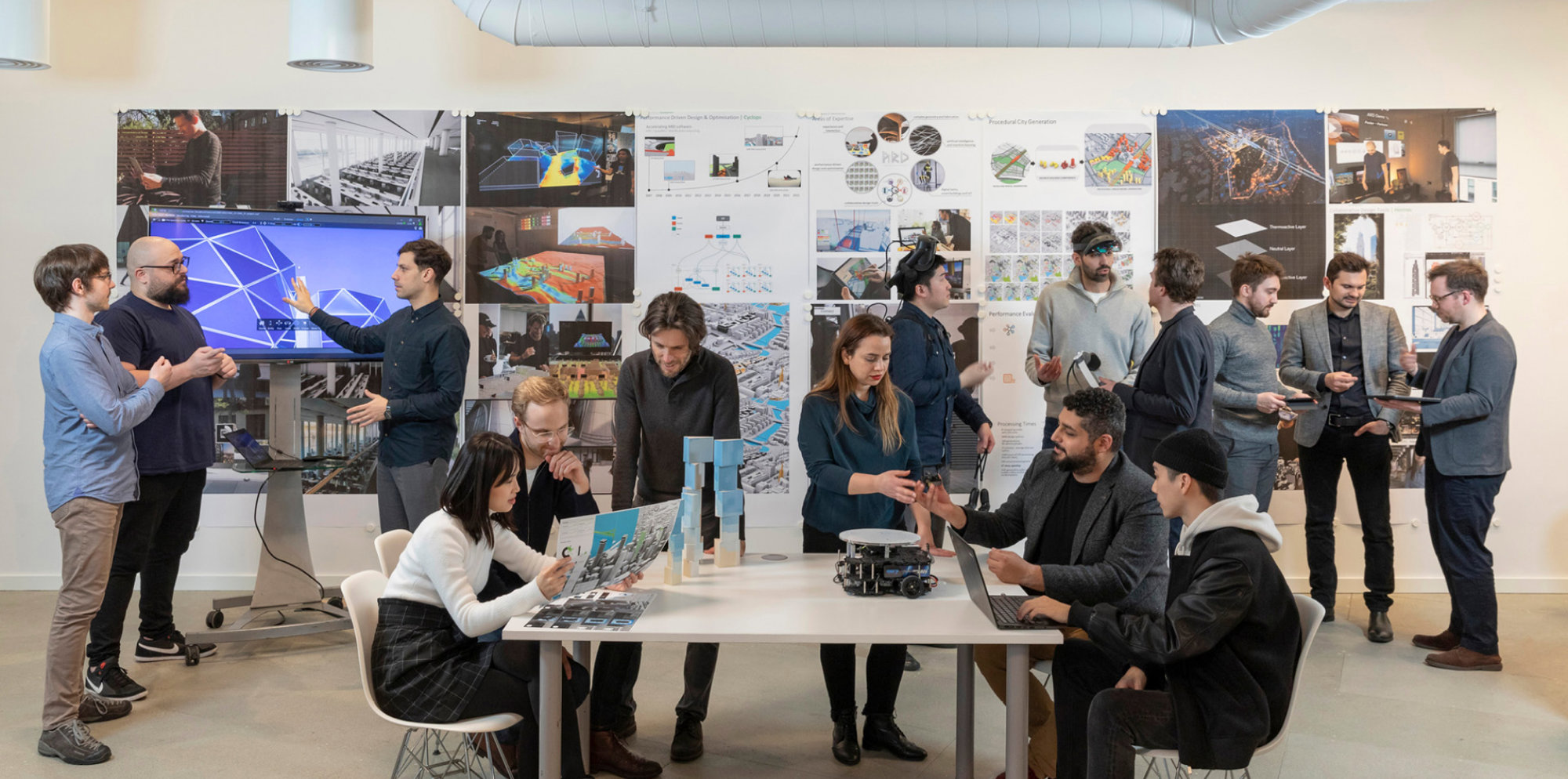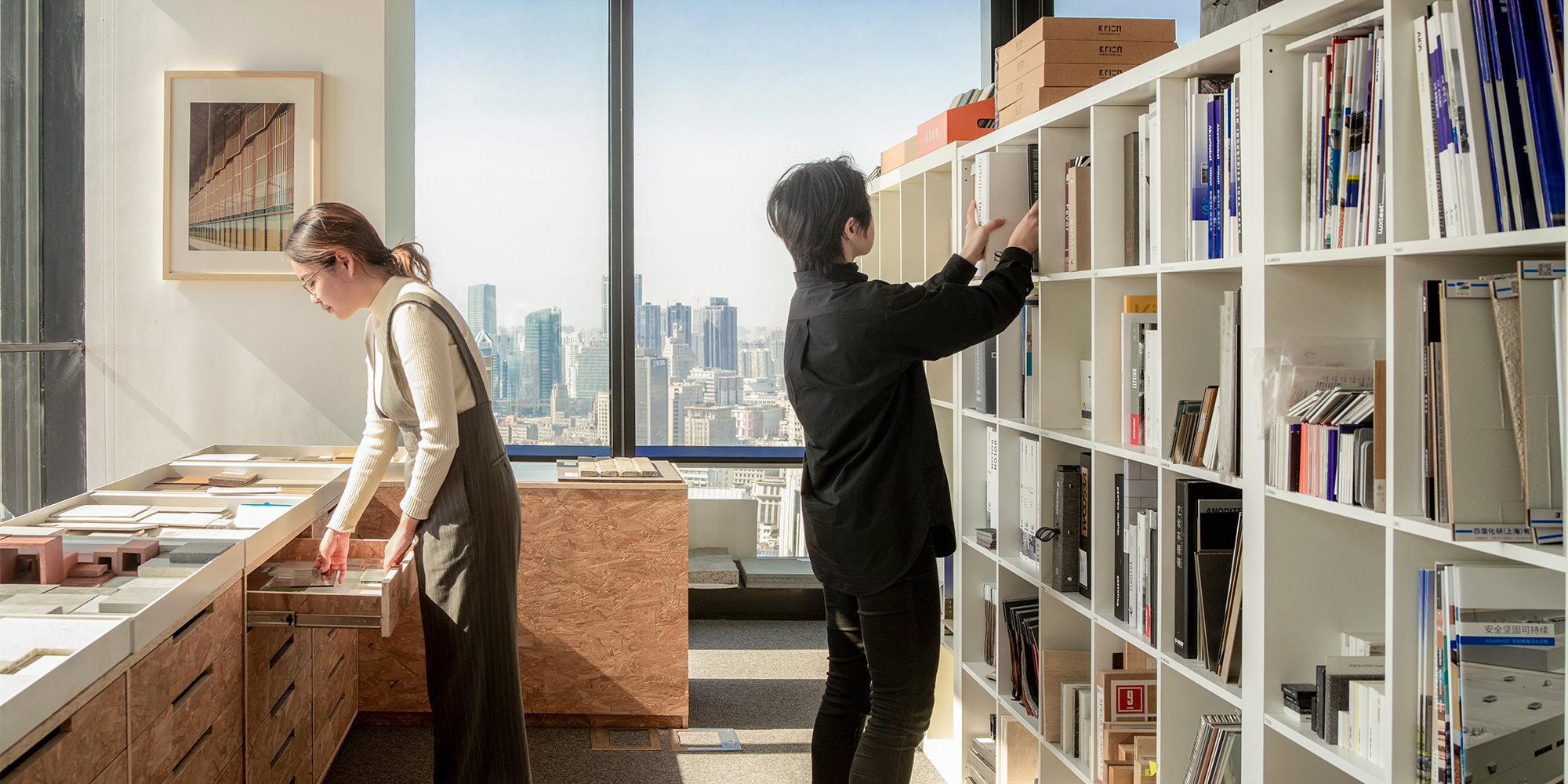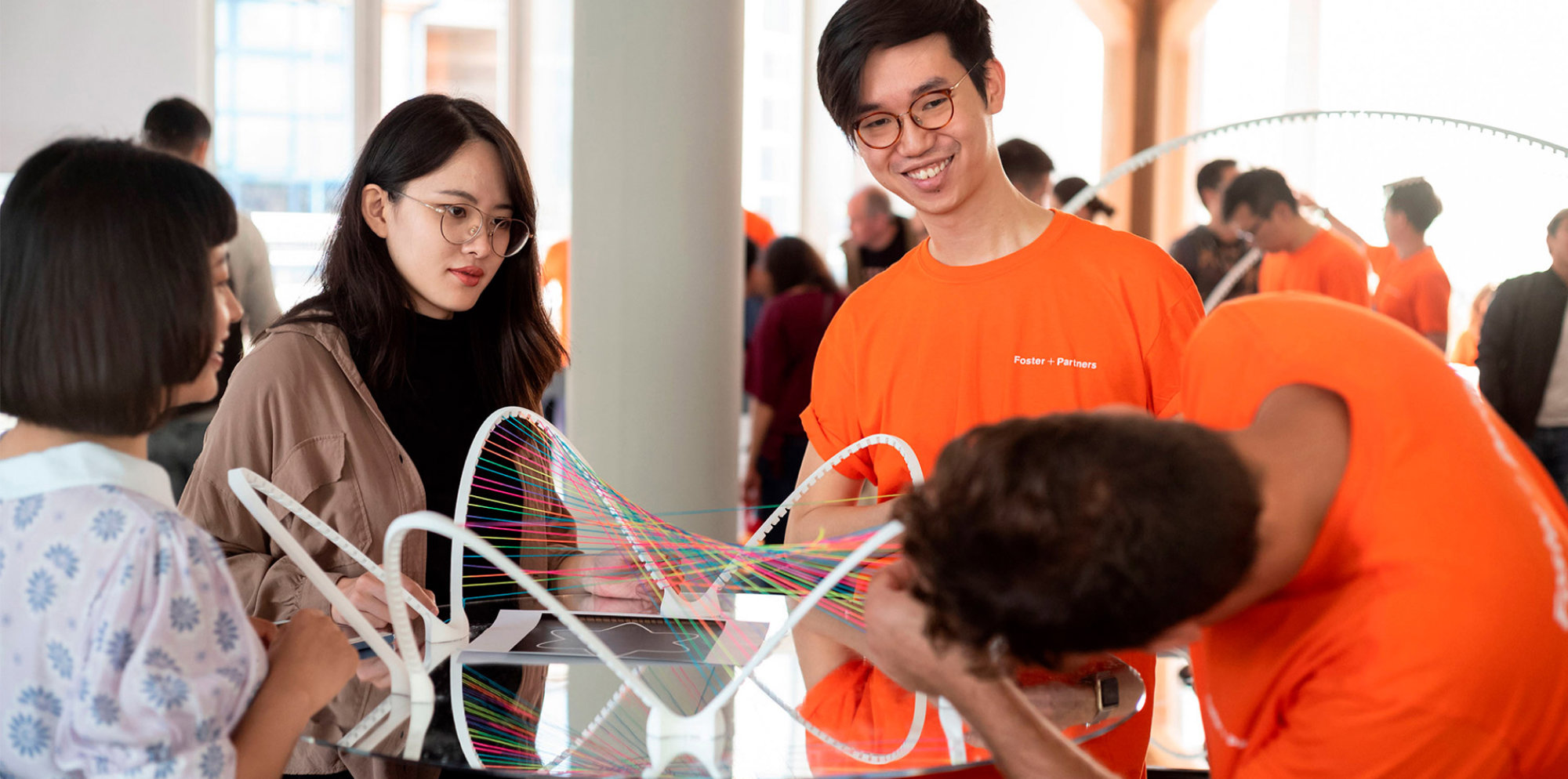Foster + Partners is delighted to announce the further extension of the share ownership from the current total of 46 to 66 giving the opportunity to a further 20 partners to become shareholders, the youngest of whom is 31 years. This move is central to the wider plans for the further strengthening of the company and the broadening of the shareholder base.
The past year has shown our business stabilising, with a record 66 awards for design excellence and several major projects in new markets around the world particularly Africa, the Middle East and South America. Our people remain our greatest strength and even in these more challenging economic times we remain optimistic that the practice will continue to be as strong and dynamic as ever. Foster + Partners, together with PHA and Mobility in Chain, has won an international competition to design the masterplan for the expansion of the Incheon Free Economic Zone, an extensive mixed-use scheme encompassing the islands of KangHwa and OnJin-gun, to the north west of Seoul. Conceived as a self-sufficient, sustainable development, the 300 square-kilometre masterplan will extend organically from a central transportation spine, creating a centre for green industry and serving a population that is expected to grow from 35,000 to 320,000 residents and commuters.
The scheme integrates a range of low to high-density mixed-use areas, connected by a Light Rapid Transit system and construction will be phased over 10 to 15 years. The area spans three main sites within the free trade zone the north of KangHwa will be a centre of inter-Korean economic cooperation, taking advantage of its strategic location close to Incheon airport and North Korea, while the south of the island will be mixed-use, combining green technology industry with community, cultural and residential buildings.
It is envisaged that Incheon will become a national centre for sustainable industry: manufacturing photovoltaic panels and wind turbines, and developing new products and technology within a new research and development institute in the south of KangHwa. State-of-the-art measures employed within the masterplan include biomass energy generation, the use of hydrogen fuel cells and hydroponic roofs. OnJin-gun island will be transformed as a sustainable resort and the wider IFEZ masterplan will eventually connect South to North Korea and the airport via the worlds longest bridge.
Taking agriculture as a central theme, the design utilises existing elements such as irrigation channels, green spaces and roads, while the arrangement of buildings within the masterplan follows the natural topology of the site, incorporating green roofs to further harmonise with the landscape. Like the veins of a leaf, the smaller roads and pedestrian avenues extend from the central transportation spine. The existing island is predominately agricultural so terraced farming, utilising the roofs of the industrial buildings, will replace any agriculture displaced by the development. There will be no structure above 50 metres, so the scheme will not extend into the foothills or mountain, thus preserving the rural landscape.
